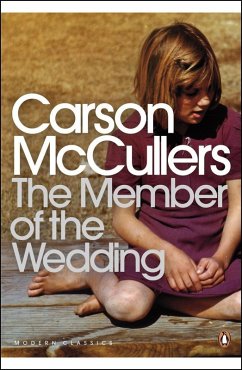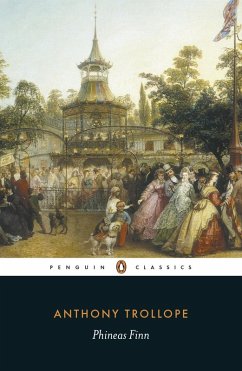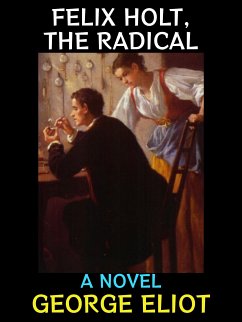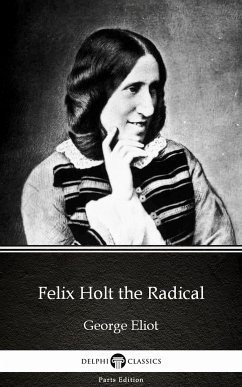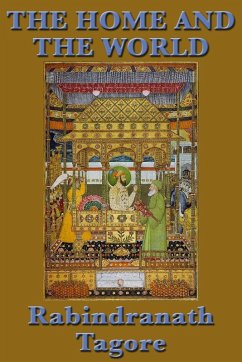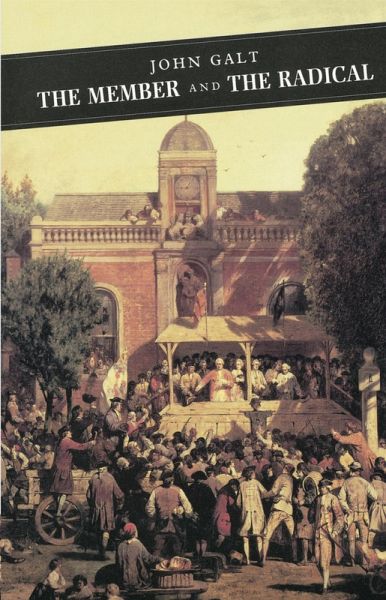
The Member and the Radical (eBook, ePUB)
Versandkostenfrei!
Sofort per Download lieferbar
10,95 €
inkl. MwSt.
Weitere Ausgaben:

PAYBACK Punkte
5 °P sammeln!
Two novels by the 18th-century Scottish author that "focus on the foibles and fumbles, the humor and waste of people . . . of political ambition" ( The National). Galt's two great political novels date from around the passing of the Reform Act of 1832. The Member has claims to be the first political novel in the English language and is a tour de force of wit, observation, and a devastating critique of political self-seekings. Its hero is a Scot, newly returned from India, who purchases a seat in a rotten borough. As a study of the corruption of the pre-reform parliament it is unsurpassed. The ...
Two novels by the 18th-century Scottish author that "focus on the foibles and fumbles, the humor and waste of people . . . of political ambition" ( The National). Galt's two great political novels date from around the passing of the Reform Act of 1832. The Member has claims to be the first political novel in the English language and is a tour de force of wit, observation, and a devastating critique of political self-seekings. Its hero is a Scot, newly returned from India, who purchases a seat in a rotten borough. As a study of the corruption of the pre-reform parliament it is unsurpassed. The Radical is a study of narrow-minded, humor-less fanaticism. Galt's aim is to demonstrate the fragility of the existing order and the closeness of anarchy to the surface of society. This is the first republication of The Radical since its original edition. "Galt has dropped from popular currency even more than Walter Scott, but he is an important novelist and warrants reappraisal and new reading."- The National




